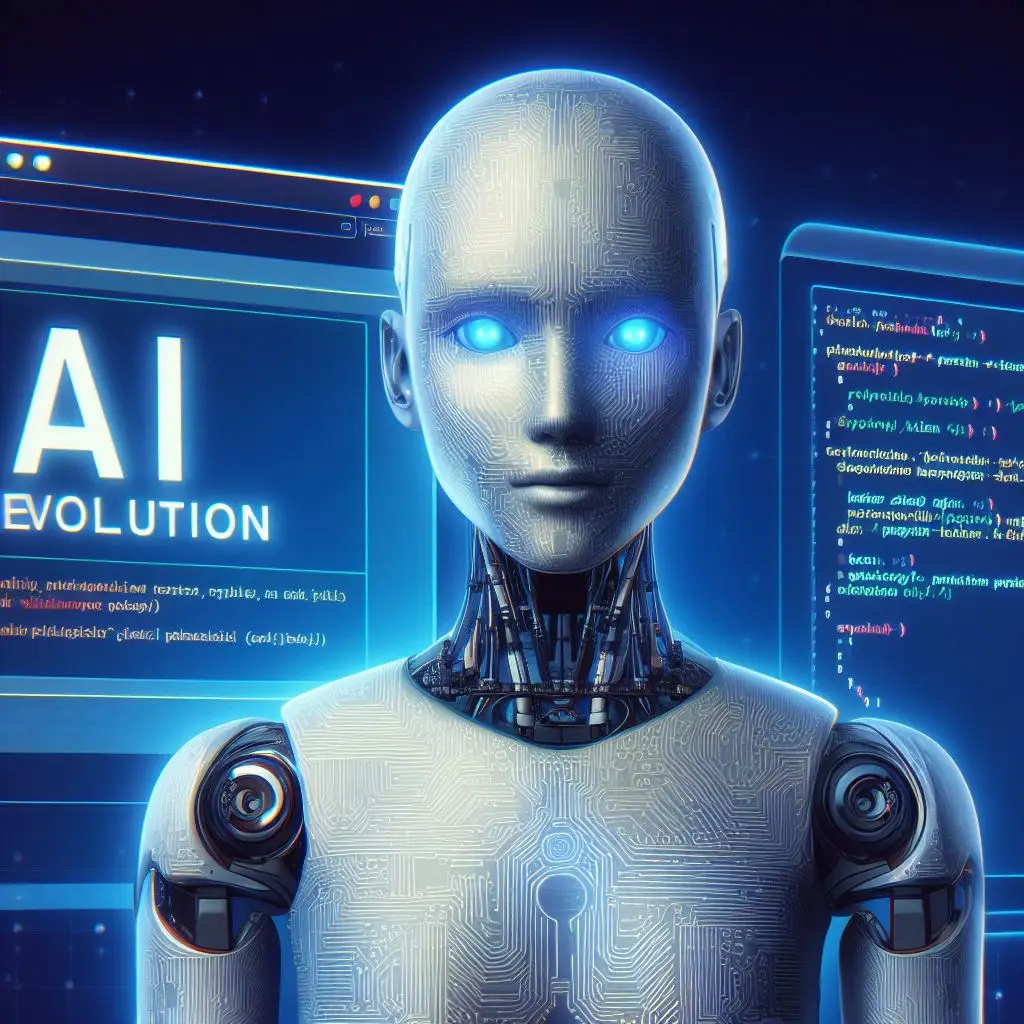Introduction
The rise of technology and AI has been one of the most significant developments of the 21st century. These innovations have the potential to revolutionize various sectors, from healthcare and education to agriculture and governance. However, their benefits must be evenly distributed to ensure that every individual, regardless of their socio-economic background, can reap the advantages. The Government of India, under the leadership of Shri Ashwini Vaishnaw, is making concerted efforts to bridge the digital divide and promote a more inclusive digital economy.
The Vision for Democratization
The Government of India's vision is rooted in the belief that technology and AI should serve as equalizers in society. Shri Ashwini Vaishnaw articulated a clear and ambitious strategy to democratize technology, making it accessible to all citizens. This approach involves several key initiatives:
Digital Literacy Programs: To ensure that the benefits of technology reach even the remotest corners of the country, the government has launched various digital literacy programs. These initiatives aim to equip individuals with the necessary skills to navigate the digital landscape, thereby empowering them to leverage technology for personal and professional growth.
Affordable Internet Access: The government is working tirelessly to provide affordable and high-speed internet access across the nation. By enhancing digital infrastructure and promoting competitive pricing, the government aims to make the internet a ubiquitous utility, much like electricity and water.
Support for Startups and Innovation: Recognizing the role of startups in driving technological innovation, the government has introduced policies and schemes to support budding entrepreneurs. These measures include providing funding, mentorship, and incubation support to foster a vibrant startup ecosystem.
AI for Social Good: The government is also focusing on deploying AI for social good. From improving healthcare delivery through AI-driven diagnostics to enhancing agricultural productivity with predictive analytics, AI is being harnessed to address some of the most pressing challenges faced by society.
Implementation and Impact
The implementation of these initiatives has already begun to show promising results. Digital literacy programs have reached millions of individuals, enabling them to participate actively in the digital economy. Affordable internet access has significantly increased internet penetration, especially in rural areas, thus bridging the digital divide.
Support for startups has led to a surge in innovation, with numerous tech-driven solutions emerging from India’s entrepreneurial ecosystem. AI applications in healthcare, agriculture, and other sectors are not only improving efficiency but also enhancing the quality of life for many citizens.
While significant progress has been made, Shri Ashwini Vaishnaw emphasized that the journey is far from over. Continuous efforts are needed to sustain and accelerate the momentum. The government plans to scale up its initiatives, introduce new policies to foster innovation, and ensure that the benefits of technology and AI are pervasively integrated into every aspect of society.
Conclusion
The democratization of technology and AI is a monumental task that requires sustained effort, collaboration, and innovation. Shri Ashwini Vaishnaw’s address underscores the Government of India’s unwavering commitment to this cause. By making technology and AI accessible to all, India is not only fostering inclusivity but also paving the way for a more equitable and prosperous future. As the nation strides forward, the vision of leaving no one behind in the digital revolution is gradually becoming a reality, ensuring that every citizen can participate in and benefit from the technological advancements of our time.









Add a Comment: